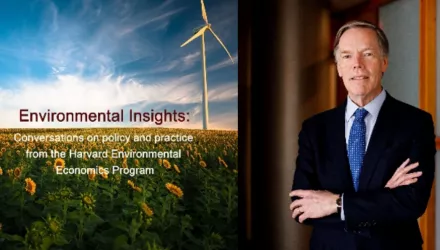Abstract
Reflecting the importance placed on broad participation in scientific assessments concerning the global environment, reports by the Intergovernmental Panel on Climate Change (IPCC) emphasize the large number of participating scientists and the many different countries from which they come. The emphasis also reflects recognition among IPCC leaders that the scientific assessments aren't likely to be accepted by country leaders unless scientists from their respective countries participate in the creation of the assessments. This suggests an understanding of scientific knowledge as situated knowledge. This understanding contrasts dominant understandings of science as objective, value-free, and separate from politics, a neutral arbiter enabling actors to transcend political divisions and narrow conceptualizations of self-interest.
Based on preliminary ethnographic study of Brazilian scientists, science administrators and government officials engaged with international climate science and politics, this paper explores Brazilian actors' understanding of international science and policy processes related to human-induced climate change. The study highlights the reality of transnational social formations among these actors and their counterparts spread around the globe. It also suggests limitations of the inter-subjective model of science as neutral arbiter in political affairs. Interview data shows the ways in which Brazilian actors juggle multiple identities and points of views, all of which have a bearing on them as persons and interpreters of international science and the global environment. At times, their perspectives reflect the transnational nature of their personal and professional networks. At other times, their perspectives reflect the continued importance of history, geography and memories of colonialism, as they seek to make sense of their experiences in transnational networks and supranational arenas such as the IPCC.
A critical question underlying this study concerns the full range of consequences of efforts to "entrain" third world scientists into Northern-generated "international" scientific and environmental projects. The paper points to the need for further examination of such consequences at the levels of scientific and environmental problem-constructions and policy agendas.
Lahsen, Myanna. “Brazilian Climate Epistemers' Multiple Epistemes: An Exploration of Shared Meaning, Diverse Identities and Geopolitics in Global Change Science.” Environment and Natural Resources Program, Belfer Center, January 1, 2002





